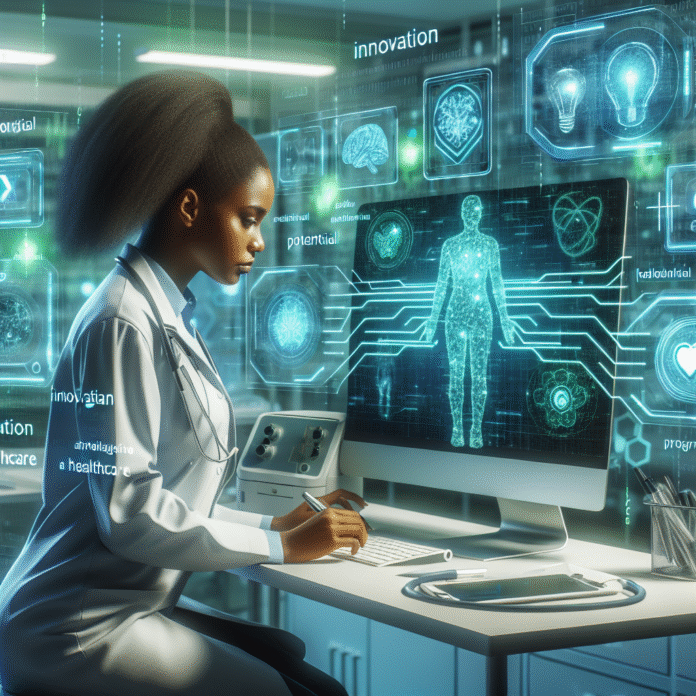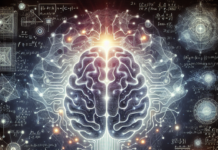Unlocking the Potential: The Role of AI in Healthcare Innovations
The intersection of healthcare and technology has often paved the way for groundbreaking innovations. Among these, Artificial Intelligence (AI) stands out as a transformative force, unlocking the potential for better patient outcomes, operational efficiency, and enhanced decision-making. This article explores the pivotal role AI plays in revolutionizing healthcare systems and practices.
1. Improving Diagnostic Accuracy
AI algorithms, particularly machine learning models, have shown exceptional prowess in analyzing medical data and imaging.
-
- Enhanced image recognition algorithms can detect conditions such as cancers at earlier stages, increasing survival rates.
-
- AI assists radiologists in identifying abnormalities in X-rays, MRIs, and CT scans with high precision.
2. Personalizing Treatment Plans
One-size-fits-all approaches are becoming obsolete, with AI paving the way for tailored treatments based on individual patient data.
-
- By analyzing genetic information and medical histories, AI can suggest personalized medication regimens and therapies.
-
- This personalization not only boosts efficacy but also minimizes adverse side effects for patients.
3. Streamlining Operations
Beyond clinical applications, AI enhances the operational side of healthcare institutions.
-
- AI-driven chatbots can manage patient inquiries and appointment scheduling, reducing administrative burdens.
-
- Predictive analytics can optimize resource allocation, improving both patient care and operational efficiency.
4. Enhancing Patient Engagement
AI tools enhance patient interaction and engagement in their own healthcare.
-
- Mobile applications powered by AI offer patients reminders for medication, appointment scheduling, and health tracking.
-
- These tools empower patients to take proactive roles in managing their health, fostering better compliance and outcomes.
5. Facilitating Research and Development
AI significantly accelerates the pace of medical research, making it an invaluable asset in drug discovery and epidemiological studies.
-
- AI can analyze vast datasets to identify potential drug candidates, reducing the time and cost associated with laboratory experiments.
-
- This capability holds promise for faster breakthroughs in treatment developments for various diseases.
Conclusion
The integration of AI into healthcare represents a monumental shift toward more efficient, accurate, and personalized medical care. As this technology evolves, we can expect further innovations that will undoubtedly improve patient outcomes and support healthcare professionals in their vital work. While challenges remain, particularly concerning privacy and ethical considerations, the potential of AI in transforming healthcare is undeniable and holds promise for a healthier future.
More related articles- Artificial Intelligence (AI) is rapidly reshaping the healthcare landscape, driving innovations that were once considered futuristic. From predictive diagnostics and personalized treatment plans to robotic surgeries and drug discovery, AI is unlocking new possibilities that enhance patient care, reduce costs, and improve efficiency across medical systems.







